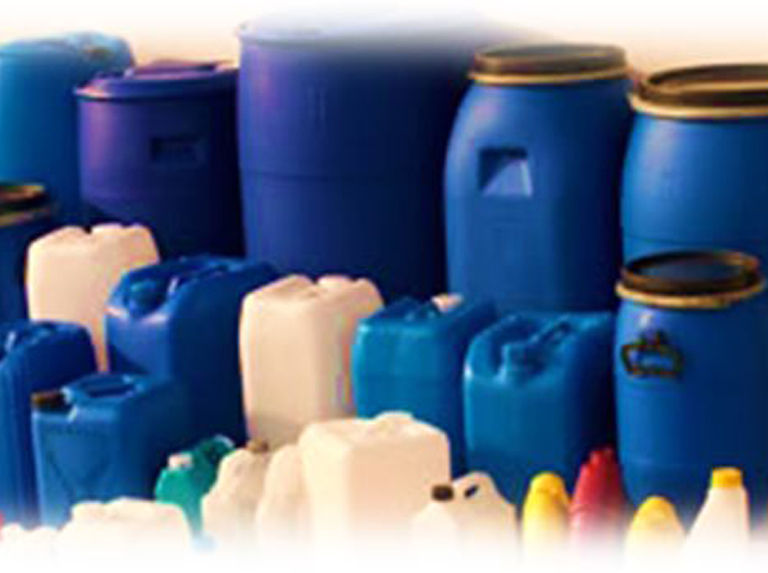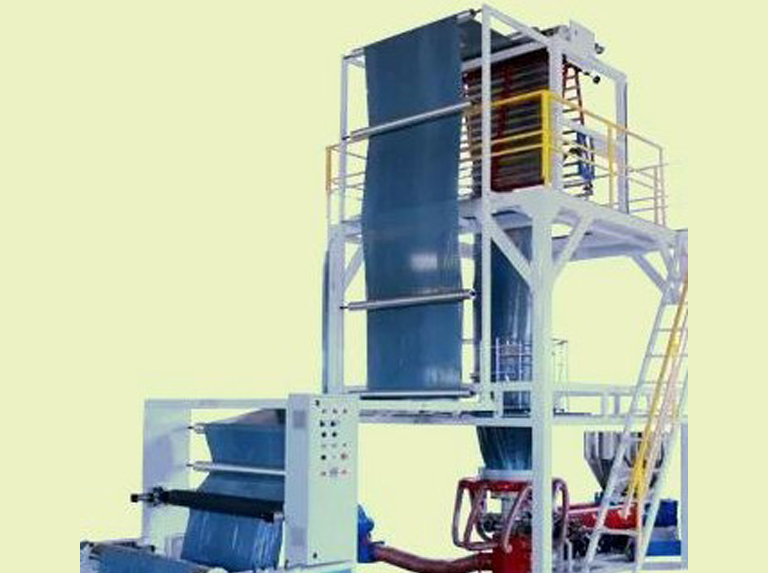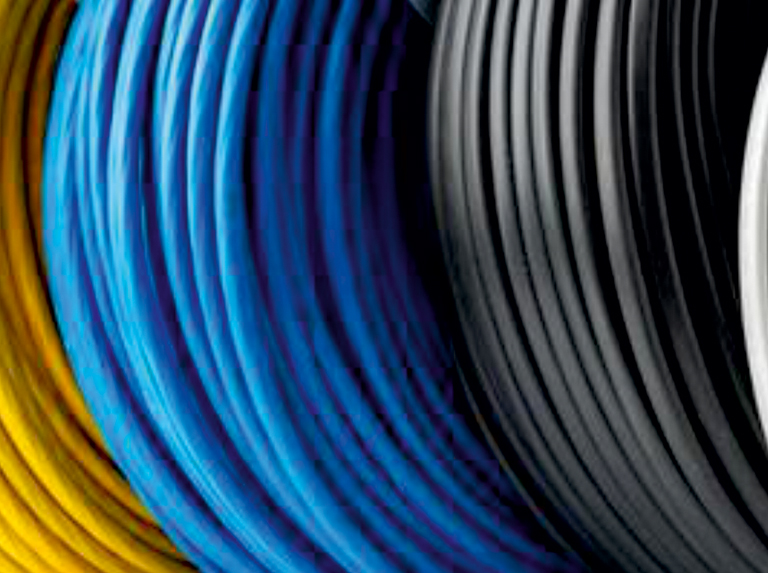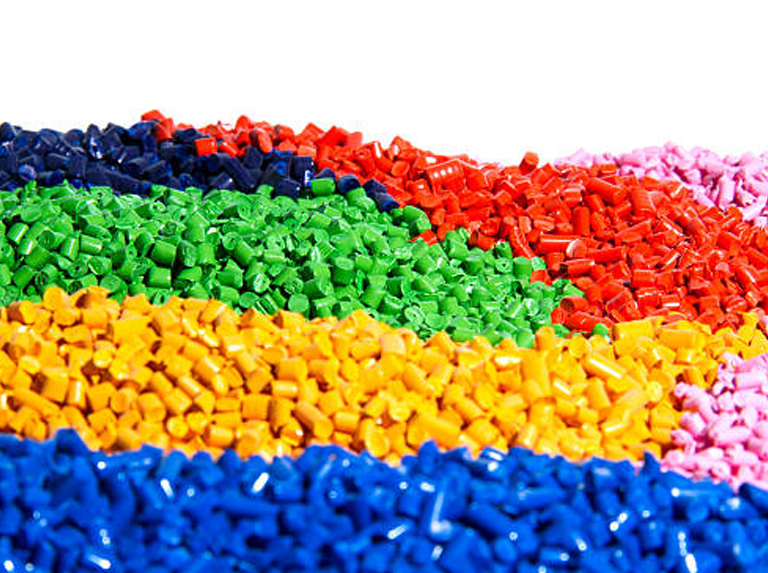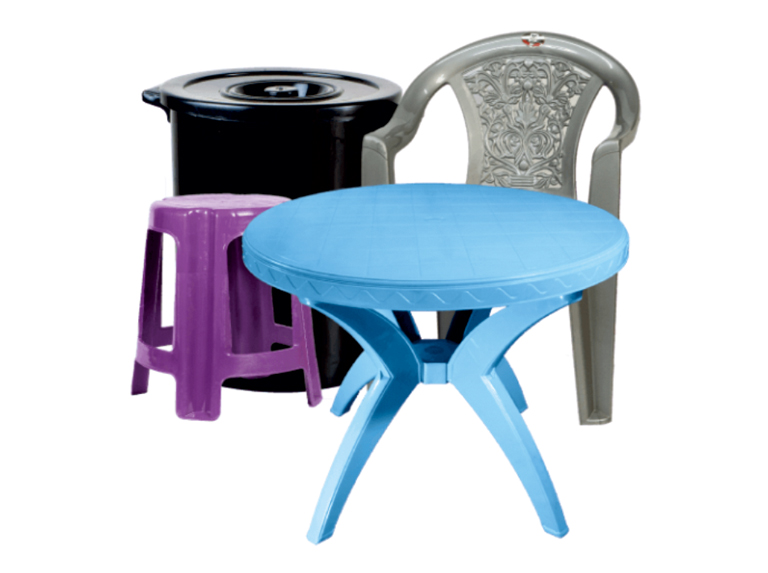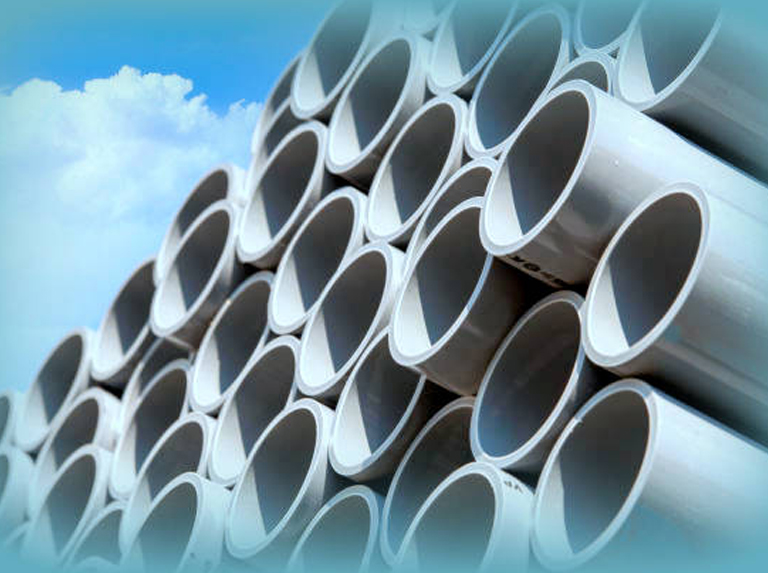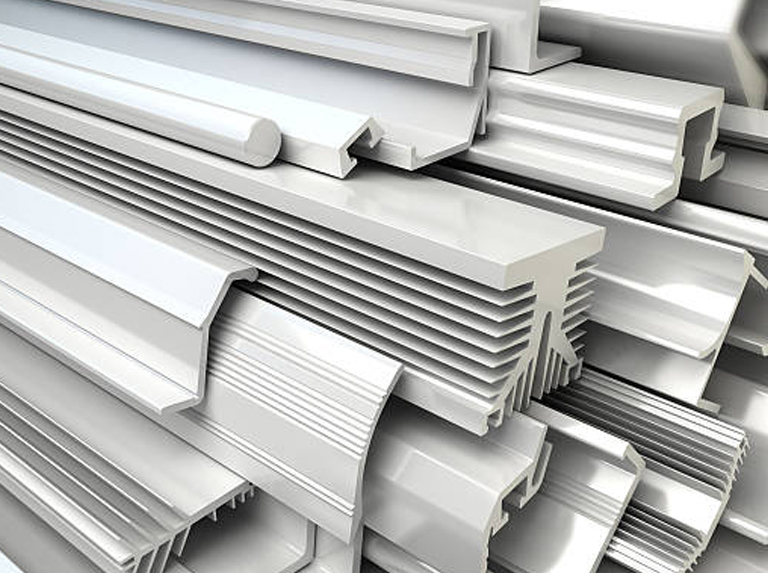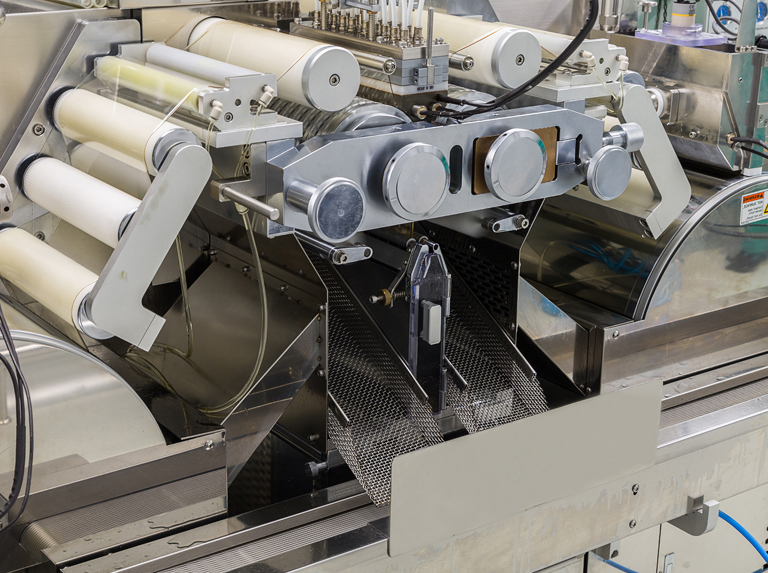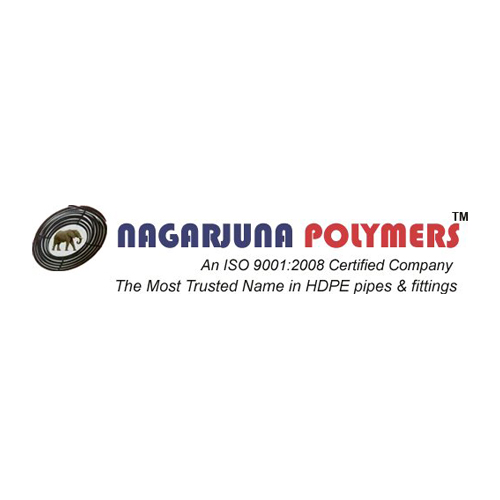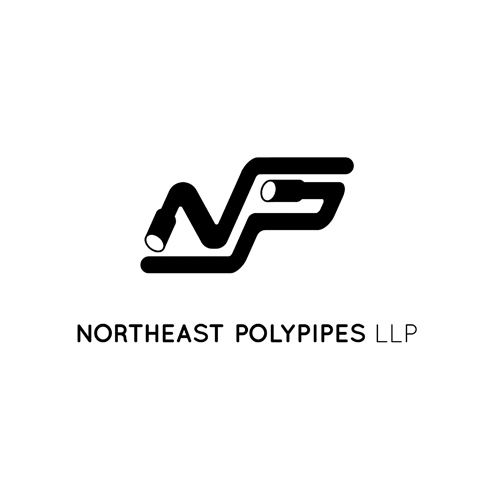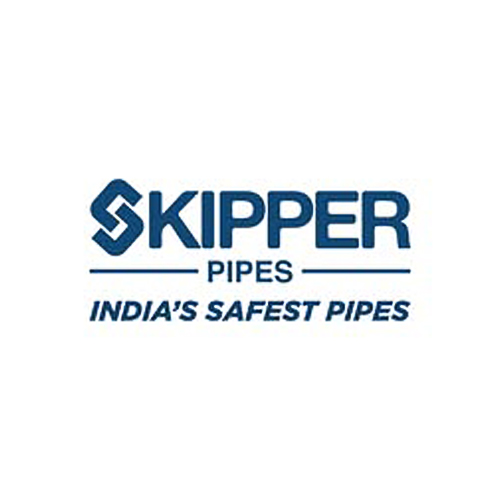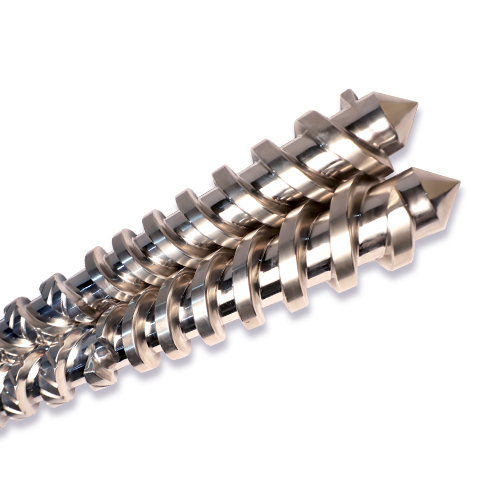
- Home
- Twin Screw Barrel
- Twin Screw
Twin Screw
Twin screws are core components used in extrusion and compounding processes. Unlike single screws, twin screws consist of two intermeshing screws within a single barrel. These screws rotate in synchronized motion to transport, mix, melt, and process materials effectively. Twin screws are renowned for their ability to handle complex mixing tasks, provide precise temperature control, and ensure consistent product quality in demanding industrial applications.
Twin Screw
Benefits
Versatility and Adaptability
Twin screws are versatile components capable of handling a wide range of materials, including polymers, additives, fillers, and more. They accommodate various processing requirements, from compounding and extrusion to reactive processing and devolatilization.
Enhanced Mixing and Dispersion
The intermeshing action of twin screws ensures thorough mixing and dispersion of materials, resulting in uniform product characteristics and improved material properties.
Precise Temperature Control
Twin screws allow for precise temperature control throughout the processing cycle, optimizing material melting, reaction kinetics, and product quality.
Durable and Reliable Performance
Crafted from premium materials and engineered with precision, our twin screws offer robust performance, longevity, and minimal maintenance requirements.
FAQs
What is a twin screw in extrusion?
A twin screw extruder consists of two intermeshing or non-intermeshing rotating screws housed inside a barrel. These screws work together to:
Transport raw materials efficiently through the extrusion process.
Mix and Shear materials to enhance melt homogeneity.
Process Polymers with better control over viscosity and heat distribution.
Incorporate Additives such as colorants, fillers, and stabilizers more effectively.
Twin screws are commonly used in plastic compounding, profile extrusion, and recycling applications due to their higher mixing efficiency and process stability compared to single screw extruders.
What types of twin screws are available?
Twin screws are classified into two main types based on their design and application:
Parallel Twin Screws
Have two screws with constant diameter along the entire length.
Commonly used in high-output applications like pipe and profile extrusion.
Provides better material flow and uniform shear distribution.
Conical Twin Screws
Have a tapered design, with a wider diameter at the feed section and a narrower diameter at the output.
Used in PVC profile, sheet extrusion, and compounding.
Allows better pressure buildup and more stable processing of heat-sensitive materials like PVC.
Both types can be co-rotating (moving in the same direction) or counter-rotating (moving in opposite directions), depending on processing needs.
Why are twin screws better for PVC processing?
Twin screw extruders are the preferred choice for PVC processing because they offer:
Better Plasticization – Ensures a smooth, uniform melt of PVC without degradation.
Improved Mixing – Helps in even dispersion of additives, stabilizers, and colorants.
Lower Processing Temperature – Reduces thermal degradation by distributing heat more evenly.
Higher Degassing Capability – Effectively removes volatile gases formed during processing.
Better Energy Efficiency – Requires less power compared to single screw extruders for the same output.
These features make twin screws ideal for rigid and flexible PVC processing, including pipes, profiles, sheets, and cables.
What materials are twin screws made from?
Twin screws are built from high-strength materials to withstand extreme wear and pressure. Common materials include:
Nitrided Steel (38CrMoAlA) – Offers high surface hardness and wear resistance.
Bimetallic Alloys – Reinforced with tungsten carbide or nickel-based coatings for high-abrasion applications.
Tool Steel (D2, H13, etc.) – Designed for high-temperature and high-pressure extrusion.
Stainless Steel – Used for corrosion-resistant applications, especially in food and medical industries.
The material selection depends on the type of polymer processed and production demands.
Can twin screws be customized for different extruders?
Yes, twin screws can be custom-made based on the specific needs of an extruder, including:
Screw Diameter – Varies depending on the machine and output capacity.
Flight Depth & Pitch – Optimized for material flow and shearing action.
Screw Design – Co-rotating or counter-rotating, based on processing requirements.
Coatings & Hardening Treatments – Applied for extended wear resistance in high-abrasion applications.
Custom twin screws improve extrusion efficiency, quality, and machine longevity.
How long do twin screws last?
With proper maintenance, twin screws typically last:
5-8 years for standard applications.
8-12 years for bimetallic-coated screws in wear-intensive applications.
The lifespan depends on:
Processing Conditions – High-temperature, high-pressure environments cause faster wear.
Material Type – Abrasive polymers (e.g., glass-filled compounds) wear screws faster.
Maintenance Routine – Regular cleaning and lubrication extend screw life.
Do twin screws require different lubrication than single screws?
Yes, twin screws experience higher mechanical stress and require:
High-Temperature Lubricants – Reduce friction and wear at high operating temperatures.
Wear-Resistant Greases – Protect against metal-to-metal contact in high-load areas.
Regular Lubrication Checks – Ensures smooth operation and prevents premature wear.
Failure to use proper lubrication can lead to overheating, excessive wear, and shorter screw life.
Can I retrofit my extruder with a twin screw?
Retrofitting a single screw extruder with a twin screw system is complex.
Possible if the machine is designed for twin screws.
Not feasible without major modifications, such as:
Barrel replacement to match twin screw geometry.
Motor and gearbox upgrades for higher torque requirements.
Screw synchronization mechanisms for smooth operation.
Best Approach: Use a machine specifically designed for twin screws for better performance.
What is the price range for twin screws?
The cost of twin screws varies based on:
Material & Coatings – Higher durability coatings like bimetallic alloys increase cost.
Customization Requirements – Special screw profiles or unique L/D ratios affect pricing.
Application Type – High-pressure, high-precision applications require reinforced screws, increasing price.
On average:
Standard twin screws – Moderate cost
Bimetallic/tungsten-coated twin screws – Higher cost but longer lifespan
Investing in premium screws leads to lower maintenance costs and higher productivity.
How do I know if my twin screw is worn out?
Signs of Wear:
Reduced Output Rate – Excessive clearance between screws and barrel lowers efficiency.
Inconsistent Mixing – Poor melt homogeneity and uneven additive dispersion.
Increased Energy Consumption – Higher power demand due to inefficient processing.
Material Leakage – Visible leaks from the extruder barrel indicate significant wear.
Screw Surface Damage – Deep grooves, pits, or worn flights indicate excessive wear.
Regular inspection & maintenance prevent costly downtime and ensure consistent extrusion quality.

Expertise and Experience
With over 22 years of industry experience, we are leaders in the manufacturing of single screws, backed by a team of skilled professionals.

Advanced Manufacturing Facilities
Our state-of-the-art production facility is equipped with cutting-edge technology and CNC machines, ensuring precision and consistency in every component we manufacture.

Commitment to Quality
We adhere to stringent quality control standards throughout the manufacturing process, ensuring that each single screw meets our high-quality standards and exceeds customer expectations.

Customer-Centric Approach
We prioritize customer satisfaction and strive to provide personalized solutions and exceptional service. Our dedicated team is ready to assist you with technical expertise and support.

